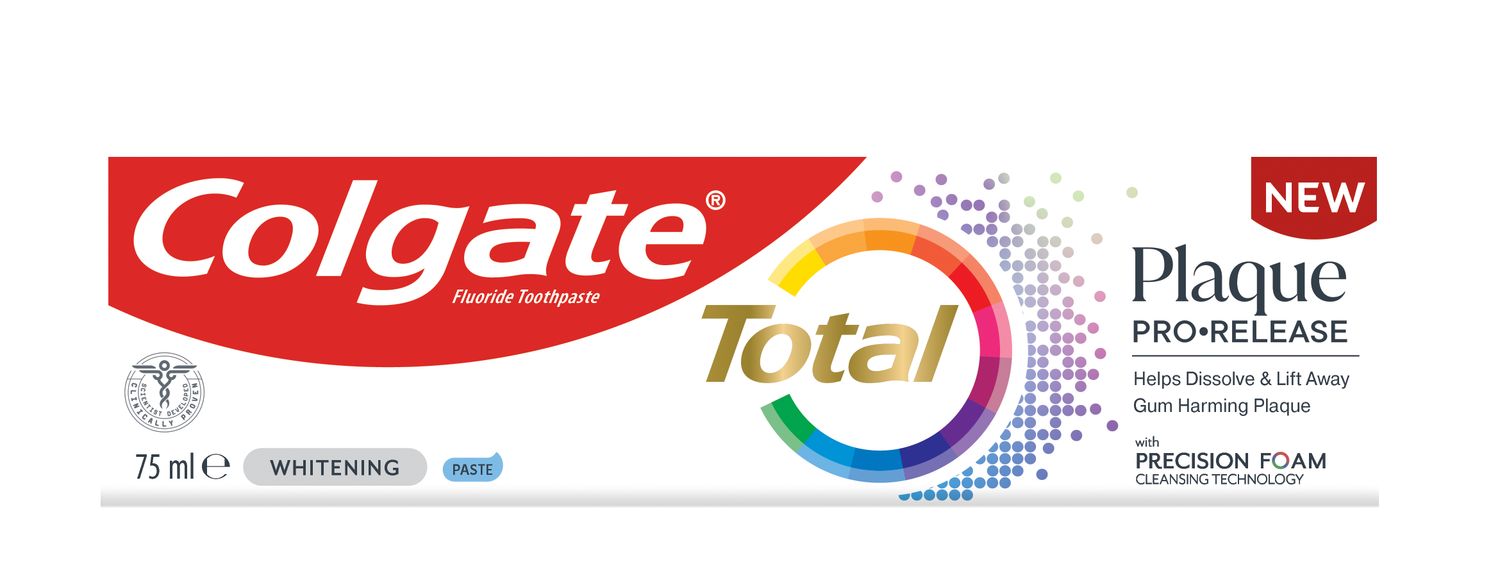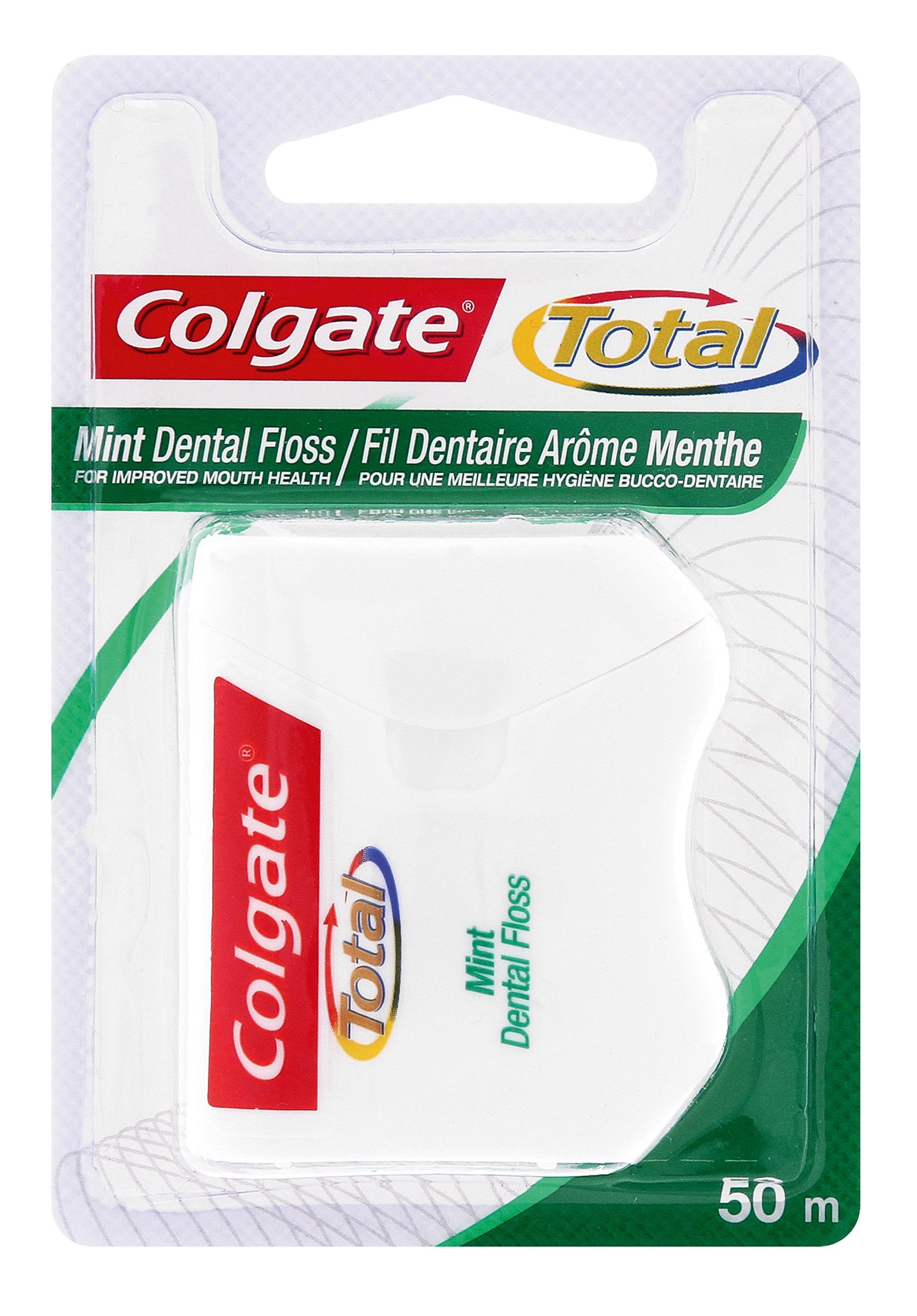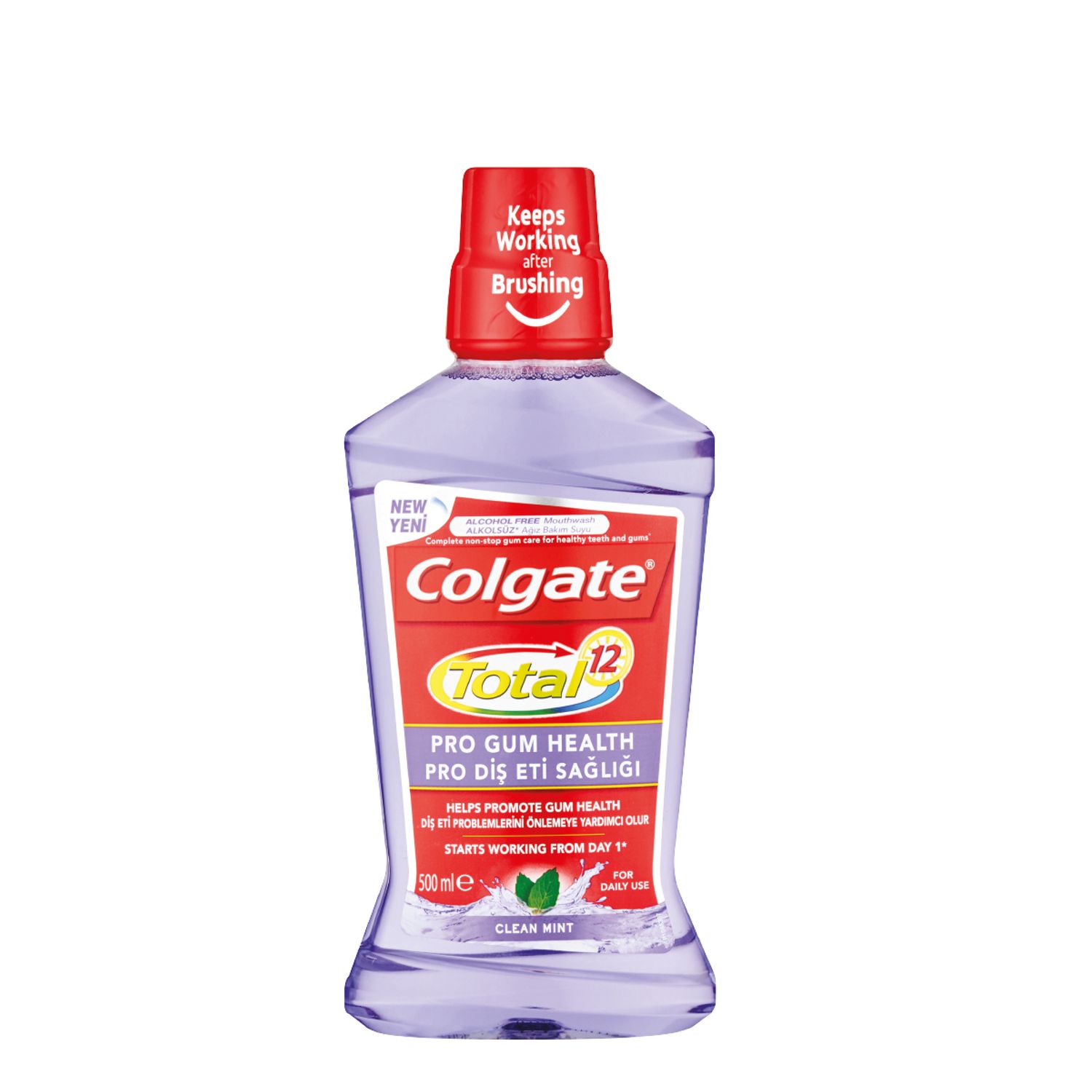-
-

CAVITIES
Can You Heal A Cavity At Home?You feel a sharp pain when you bite down or try to eat. You think it's a cavity, but you're not 100 percent sure...

BAD BREATH
How To Cure Bad BreathMore commonly known as bad breath, halitosis is an embarrassing hygiene issue that nobody wants, but some of us get every now and then...
-
Science & Innovation
- Colgate® | Toothpaste, Toothbrushes & Oral Care Resources
- Oral Health
- Anesthesia
- What Does Laughing Gas Do To A Dental Patient?


Most dental visits are fairly standard. A dental hygienist will scrape plaque off your teeth, followed by polishing to remove any stains. After that, there's a round of flossing, a peek under the tongue, and your dentist gives your teeth a thumbs-up. You book your next appointment and mark another six months on your calendar.
But not every visit runs so smoothly. Some procedures require laughing gas to be administered. You've probably heard of it, but what does laughing gas do exactly, you may wonder?
What Is Laughing Gas?
Nitrous oxide (N2O), more commonly referred to as laughing gas, is used as a local sedation method. It is colourless and odourless. Nitrous oxide is an effective sedative as it helps patients relax by inducing pleasurable feelings. Nitrous oxide is especially useful as it acts quickly and has a reversible effect. For those and other reasons, nitrous oxide is widely considered to be a safe method of sedation.
Side Effects
The CDA reports that only a minority of patients experience negative side effects, which can occur if the nitrous level is too high or if the amount inhaled quickly changes. Consult with your dentist to determine the best sedative to be used during a dental visit.
Once the nitrous oxide has been turned off, a patient needs to receive oxygen for at least five minutes to prevent a headache. The oxygen purges any remaining gas from the lungs while helping the patient to become alert and awake.
Meals are also a point of consideration when receiving nitrous oxide. Try to eat lightly prior to your dental visit and avoid a big meal for three hours afterwards. Also, ask your dentist how long after the procedure it is safe for you to drive.
Nitrous Oxide for Children
Not only is it safe for children, but laughing gas is a preferred sedation method for children who are nervous or anxious about a pending dental visit. Consult your child's dentist ahead of time to discuss and determine the appropriate sedation method.
Contraindications for Nitrous Oxide
While it's an effective sedative and easy to administer, nitrous oxide may not be the right choice for you, notes the American Academy of Pediatric Dentistry. You should notify your dentist if you have any medical or health conditions, of any medication you are taking, and if you have a history of emotional and/or drug addiction.
Chances are, at some point, you'll undergo a procedure that requires laughing gas. To avoid such a procedure, practising good oral hygiene is key.
Related Products

Helping dental professionals
More professionals across the world trust Colgate. Find resources, products, and information to give your patients a healthier future










